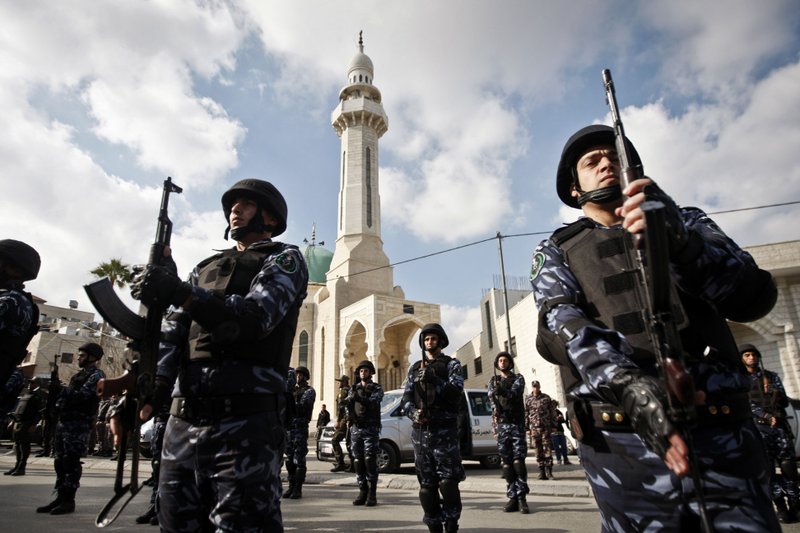JERUSALEM — Israel on Monday said it was pushing forward with plans to build hundreds of homes in a Jewish settlement of east Jerusalem, risking renewed tensions with the Palestinians and its Western allies over the contentious project.
The announcement was part of a new Israeli settlement push announced earlier this month as retaliation for the Palestinians' success in winning U.N. recognition for a state at the United Nations. Israel was widely criticized internationally for the settlement plans, though actual construction would be far in the future.
An Interior Ministry committee on Monday approved an intermediate stage of planning for the construction of 1,500 apartments in the Ramat Shlomo neighborhood, a part of the city Palestinians claim for a future capital. The plan had been in the pipeline since it was first announced in 2010 during a visit to Israel by Vice President Joe Biden, causing a major diplomatic rift with Washington that took months to mend.
Ministry spokesman Efrat Orbach said the project still must go through several additional planning stages, and it could be years before final approval and construction.
The announcement was nonetheless expected to anger the Palestinians and even Israeli allies who oppose settlement construction in the occupied West Bank and east Jerusalem.
Israel announced plans early this month to build thousands of settlement homes, including in Ramat Shlomo, in response to the U.N. General Assembly's recognition of a Palestinian state in the West Bank, east Jerusalem and Gaza Strip, territories captured by Israel in the 1967 Mideast war. The U.S., Israel's closest ally, condemned the construction plans, and several European allies summoned Israeli ambassadors to lodge formal protests.
Israel strongly objected to the Palestinian's U.N. bid, saying it was an attempt to bypass negotiations. Israel rejects a return to its 1967 lines.
Israel annexed east Jerusalem following the 1967 war and claims the area, home to sensitive Jewish, Christian and Muslim holy sites, as an inseparable part of its capital. The Palestinians also claim east Jerusalem as the capital of their hoped-for state. About 200,000 Jews and roughly 250,000 Palestinians live in east Jerusalem.
While Israelis consider its east Jerusalem enclaves to be neighborhoods like others in the city, the international does not recognize Israel's annexation of the area and rejects the sections as illegal or illegitimate settlements.
Palestinian President Mahmoud Abbas has refused to negotiate with Israel so long as settlement construction continues, leading to a four-year lull in talks. Abbas has said that a stalemate in talks urged him to turn to the U.N.

